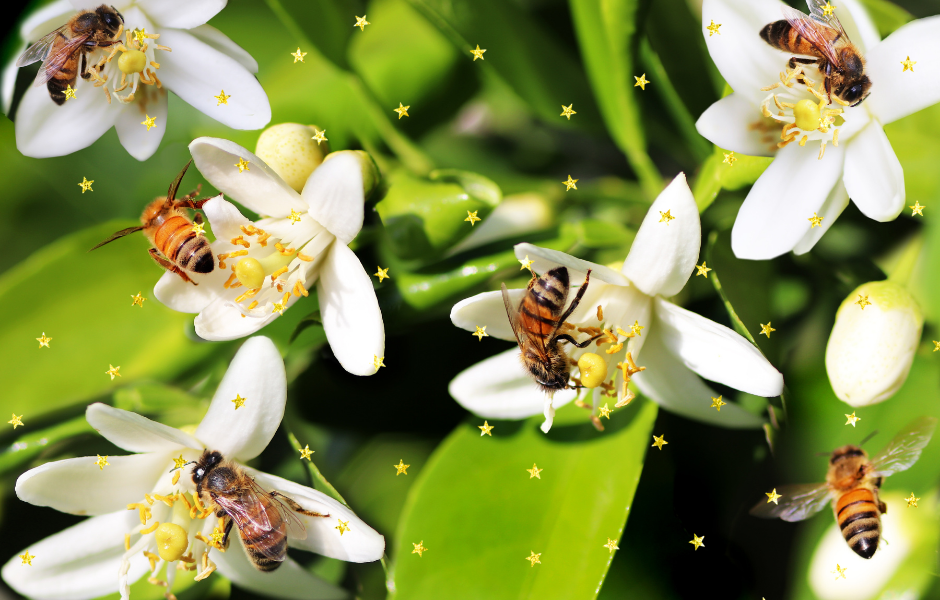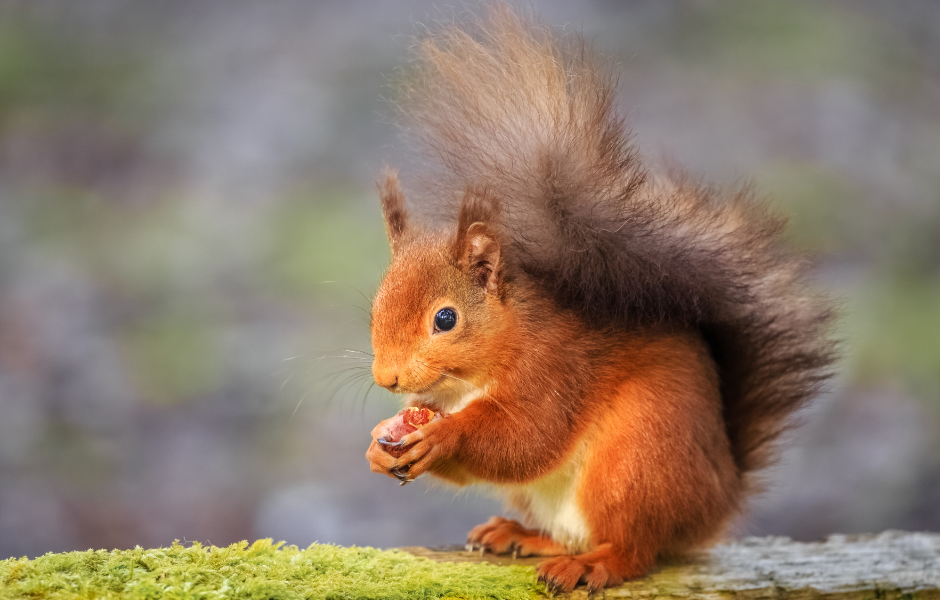
This children’s article, Why Insect Week celebrates the tiny creatures that run our world, has been written for native English speakers and learners of English as a second or foreign language. It can help children practise reading and comprehension, learn useful vocabulary, and discover why insects matter so much to our planet. Written by Sinead O’Carroll, an experienced teacher and writer.
What is Insect Week?
Insect Week 2025 is being celebrated from 23rd June to 29th June. During this special week, children, families, and schools take part in all kinds of insect-themed activities.
You can go on a bug hunt, enter an insect art or photo competition, or learn from real-life insect scientists. There are online events too, so you can join in from anywhere!
Insect Week began in 2016, and it was started by the Royal Entomological Society, a group of people who study insects for a living. They want to help everyone understand how important insects are to the world.
Why insects matter more than you think
Insects might be small, but they do huge jobs. Without them, life on Earth would be very different.
One of their most important jobs is pollination. This means moving pollen between flowers so plants can make seeds and grow new plants. Insects like bees, butterflies, and even some beetles help pollinate many of the fruits and vegetables we eat.
Without pollinators, we wouldn’t have apples, strawberries, pumpkins or even chocolate!
Insects also help with decomposition, which means breaking down dead plants and animals. This helps return nutrients to the soil and keeps our environment clean and healthy.
And don’t forget pest control! Some insects eat other insects that can harm crops. That means they help farmers grow food without using too many harmful chemicals.
Insects are everywhere!
There are more insects than any other kind of animal. Scientists have described and named over one million different species, and they believe there could be millions more that we haven’t discovered yet.
Insects live almost everywhere, from rainforests and deserts to ponds, gardens, and even your windowsill. Because they live in so many places, insects are a big part of almost every ecosystem on the planet.
How to get involved in Insect Week
Insect Week is a great time to slow down and look more closely at the world around you. You don’t need to travel far, just step into your garden, a park, or even your school playground.
Look under leaves. Watch flowers closely. Can you spot a beetle, ant, or bee going about its business?
These little creatures are all around us, working hard to keep nature going. So grab a magnifying glass, and see what amazing insects you can find.
Want to explore more? Visit the Royal Entomological Society website for videos, activities, and insect facts.

Article vocabulary list
- Pollination – When pollen is moved from one flower to another so a plant can grow fruit and seeds.
- Decomposition – The breaking down of dead plants or animals to return nutrients to the soil.
- Ecosystem – A place where animals, plants, and the environment all live and work together.
- Species – A group of animals or plants that are similar and can have babies together.
- Entomological – Related to the study of insects.
- Magnifying glass – A tool that makes tiny things look bigger so you can see more clearly.
Comprehension questions
Just click the plus (+) to see the answer
1. When is Insect Week celebrated in 2025?
a) 9–15 June
b) 23–29 June
c) 30 June – 6 July
Answer: b) 23–29 June
2. Who started Insect Week?
a) The British Bug Club
b) The Royal Entomological Society
c) A group of farmers
Answer: b) The Royal Entomological Society
3. What do insects help with? (Choose all that apply)
a) Pollination
b) Decomposition
c) Cleaning your home
Answer: a) Pollination, b) Decomposition
4. What is pollination?
Answer: Pollination is when insects move pollen from one flower to another so plants can grow fruit and seeds.
5. Why do farmers like some insects?
a) They help scare away birds
b) They eat harmful pests
c) They sing songs
Answer: b) They eat harmful pests
6. How many insect species have been described by scientists?
a) About 10,000
b) About 1 million
c) About 100 million
Answer: b) About 1 million
7. What might you use to help you spot tiny insects?
Answer: A magnifying glass.
Sinead is a writer and EFL teacher with eight years’ experience. She’s a native English speaker who loves making news stories fun and easy to understand for children around the world. Her passions include travel, animals, and helping to make the world a kinder, more sustainable place.




